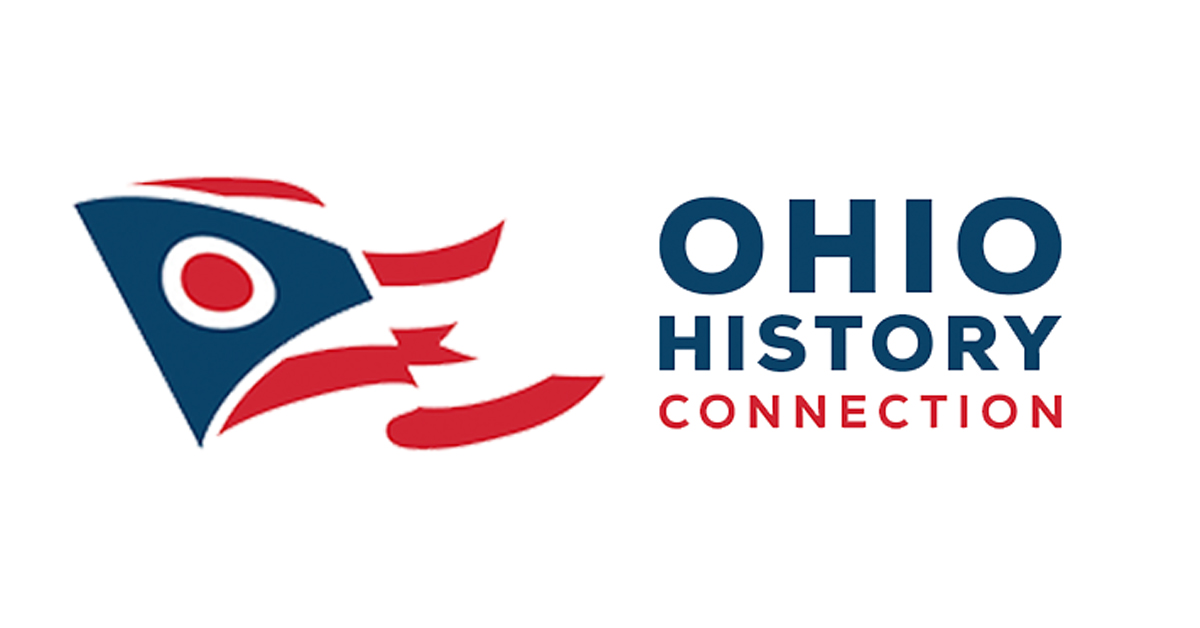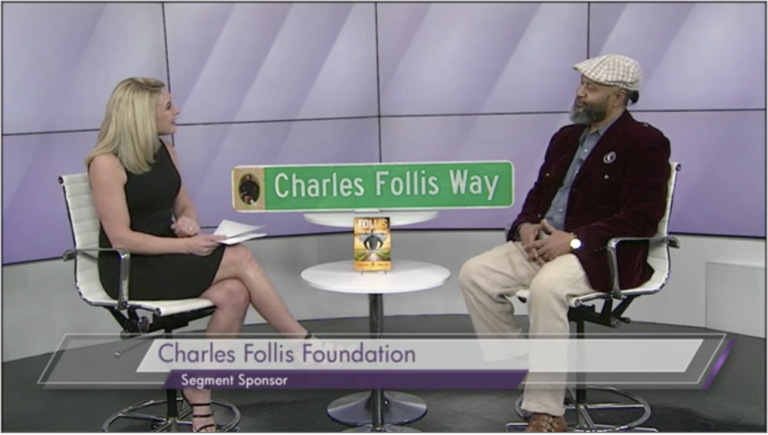By Valerie Boyer, School and Inclusive Community Programs Coordinator
Charles W. Follis was born on February 3, 1879, to James Henry and Catherine Matilda Anderson Follis in Cloverdale, Virginia as the 3rd of 7 children. In 1885, the family moved to Wooster, Ohio.
Follis entered Wooster College, in 1901, however, he chose to play football for the amateur Wooster Athletic Association, rather than the college squad. As a member of the Wooster Athletic Association he would earn the nickname, “The Black Cyclone.” At the end of the 1901 season, Wooster played the Shelby Blues in a two-game series. Follis’ performance brought him to the attention of the Shelby team manager, Frank C. Schiffer. He secured Follis for his team and set him up with a job at a local hardware store. Charles’ working hours were arranged so that he could both practice and play football. He played for the Shelby Blues of the “Ohio League” from 1902 through the 1906 season, making him the first Black professional American football player. On September 16, 1904, Follis signed a contract with Shelby, making him the first Black man contracted to play professional football on an integrated team. He was also the first Black catcher to move from college baseball into the Negro leagues.
During his athletic career, he played with baseball player, Branch Rickey, who would later become the Brooklyn Dodgers’ president. Because of Follis’ spirit and power portrayed on the field that day, Rickey was inspired in 1947 to sign Jackie Robinson onto the Brooklyn Dodgers – an event that would never be forgotten. As an inspiration to breaking the barriers of race, Follis will be known as a catalyst for the Black movement, forever. Sadly, Follis was unable to see his historical inspiration play out, as his life was suddenly and tragically taken in 1910, at the young age of 31. However, his legacy can be traced through the spirit of Black American sportsmanship for years to come. To learn more about Charles Follis, check out his book “Follis: Greatness Transcends” or reach out to the Charles Follis Foundation at https://www.charlesfollis.org.

